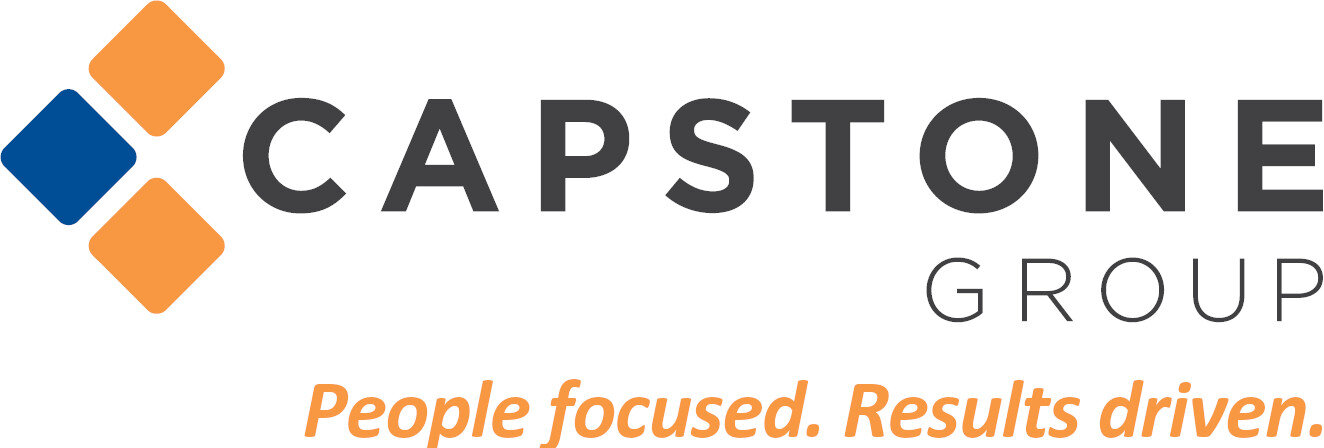Obamacare is killing jobs in and around the Big Apple, executives say.
About 20 percent of companies in the New York region say they are cutting their workforce in response to the Affordable Care Act, according to a new Federal Reserve Bank of New York survey.
And most companies said they will be paying more in insurance premiums, and requiring their workers to pay a bigger share of those premiums, as a result of Obamacare.
The survey results come two days after the large health insurer Aetnajoined rivals UnitedHealth Group and Humana in announcing it would significantly cut back the number of geographic areas where it sells Obamacare plans next year due to steep losses on those plans.
The New York Fed survey found that, "roughly 17 percent of service sector firms and 21 percent of manufacturers said they were reducing the number of workers in response to the ACA."
"The vast majority of respondents in both surveys [of manufacturing and service company executives] said they were not changing the proportion of part-time workers or the amount of work outsourced to other firms," said the report, which questioned about 250 executives in New York state, northern New Jersey and Fairfield County, Connecticut.
That point is noteworthy because there had been speculation that companies would cut the number of employees who work 30 or more hours per week to avoid having to offer them health insurance, as Obamacare now requires for firms with 50 or more such workers.
"Most respondents also said wage and salary compensation and other benefits were not being affected by the ACA, though more respondents said they were being cut than raised," the survey said.
"And slightly less than a third of manufacturers and 21 percent of service sector panelists said they were raising the prices they charge to customers." These responses were broadly similar to those in the August 2015 and 2014 surveys.
Roughly 2 in 5 respondents — in both the manufacturing and service sector surveys — said they were not changing their plans in response to the ACA. "Of those that were, however, the most widely reported adjustments involved higher deductibles, increased co-pays and higher out-of-pocket maximums," the survey said.
"The vast majority of firms in both surveys indicated that they would be paying a higher total premium, and somewhat more than half of respondents in both the manufacturing and service sector surveys said they were raising their employees' share of contribution to the premium," the survey found.
When asked about the costs of their current and future health coverage options for workers, the executives' median response among both manufacturers and service firms showed an expectation costs would rise 8.5 percent.
"These increases are somewhat lower than what respondents had anticipated in last August's survey, though it should be emphasized that the pool of respondents is not exactly the same," the report noted. "When firms were asked about the expected change for 2017, the median response in both surveys was for a 10 percent increase."
The survey also said 17 percent of manufacturers and 22 percent of service firms expect the excise tax on high-value health plans — also known as the "Cadillac tax" — would apply to their existing health plans.
The tax imposes a 40 percent surcharge on the value of health plans above a certain dollar amount, and will kick in during 2020. By that year, the threshold is expected to be about $10,900 for plans covering individuals and $29,400 for family plans.
Nearly a third of service sector firms and 37 percent of manufacturers said they weren't sure whether the Cadillac tax will apply to them, according to the Federal Reserve Bank of New York.




